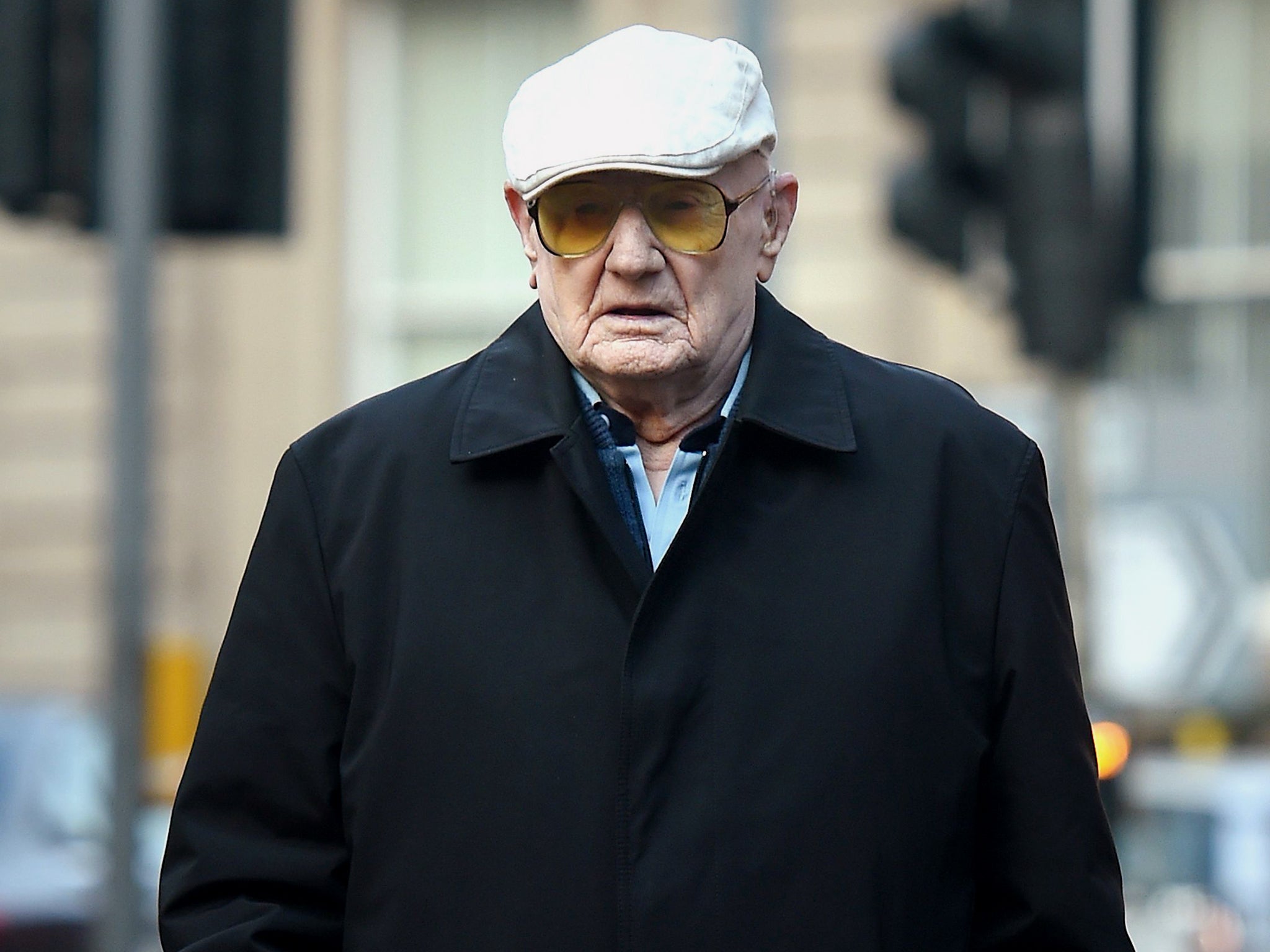Britain's oldest defendant appears in court on historical child sex offences, aged 101
The former lorry driver is accused of commiting the acts between 1974 and 1983

A 101-year-old man facing more than 30 historical child sex offences has become the oldest defendant in British legal history.
Ralph Clarke is accused of carrying out the acts in a workshop and the cab of his lorry between 1974 and 1983
Appearing at Birmingham Crown Court, the former lorry driver denies 17 charges of indecent assault, 12 offences of indecency with a child and two attempted serious sexual offences.
According to the prosecutor Miranda Moore QC, Clarke allegedly committing the offences against two girls and a boy, one as young as seven.
Ms Moore stated at the start of the two-week trial, two of Clarke's alleged victims went into a police station to make a complaint about him.
She told the jury: “What they were to tell the police was a history of a catalogue of serious sexual abuse.”
When Clarke was questioned by police last December, the court heard, he made “limited admissions” to officers.
Ms Moore said: “The defendant was interviewed by the police in this case. He agreed some of the things you are going to hear about did in fact happen.
“His first words were 'Who has complained?”'
Concluding her opening speech, Miss Moore stressed age is no barrier to a defendant being tried “as long as the trial is fair and the evidence is clear”.
Speaking to the jury before the trial began, Judge Richard Bond said the defendant's age required unique conditions.
Judge Bond is restricting sitting hours with evidence being heard between 9:30am and 1:30am.

He told the jury an intermediary would be used by Clarke due to the fact the 101-year-old is hard of hearing.
Judge Bond said: “There will be occasions during the trial when the defendant will speak, possibly quite loudly, to the intermediary, who is likely to speak quite loudly back to him.
“The reason for this is that Mr Clarke, not surprisingly at the age of 101, is hard of hearing.
“I invite, in fact I direct you, to ignore any such communications between Mr Clarke and the intermediary - or with his barrister.
“The reason for that is that those communications are normally private but you are bound to hear them in this case for obvious reasons.”
The trial continues.
Bookmark popover
Removed from bookmarks